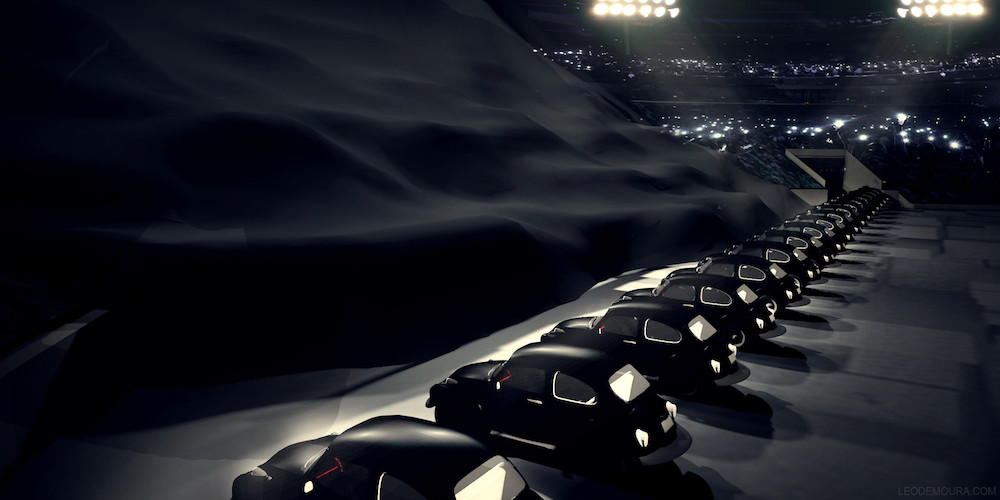For work I had to read Lyft co-founder John Zimmer’s manifesto about the future of cities. A quote that jumped out at me:
Technology has redefined entire industries around a simple reality: you no longer need to own a product to enjoy its benefits. With Netflix and streaming services, DVD ownership became obsolete. Spotify has made it unnecessary to own CDs and MP3s. Eventually, we’ll look at owning a car in much the same way.
I think he’s right. No doubt rich car enthusiasts will keep their toys, like people still cherish their record players. Who knows whether it will be legal for a human to drive on regular streets at that point? I’m not the first person to ask that question, but it hasn’t stopped being worth asking.
Nor am I the first person to identify the inevitable next step. When you don’t own any of the equipment that you use, someone else controls your access. They can cut you off. (Pretty sure there are multiple Black Mirror episodes about this.) Consider that your ability to challenge an access provider may be limited. Lyft, for example, includes an arbitration clause in their terms of service:
YOU AND LYFT MUTUALLY AGREE TO WAIVE OUR RESPECTIVE RIGHTS TO RESOLUTION OF DISPUTES IN A COURT OF LAW BY A JUDGE OR JURY AND AGREE TO RESOLVE ANY DISPUTE BY ARBITRATION, as set forth below. This agreement to arbitrate (“Arbitration Agreement”) is governed by the Federal Arbitration Act and survives after the Agreement terminates or your relationship with Lyft ends. ANY ARBITRATION UNDER THIS AGREEMENT WILL TAKE PLACE ON AN INDIVIDUAL BASIS; CLASS ARBITRATIONS AND CLASS ACTIONS ARE NOT PERMITTED. Except as expressly provided below, this Arbitration Agreement applies to all Claims (defined below) between you and Lyft, including our affiliates, subsidiaries, parents, successors and assigns, and each of our respective officers, directors, employees, agents, or shareholders.
Caps not added. I will never understand the aesthetic conventions of contracts.
For reasons that I can’t quite put my finger on, this passage from a Nathan Jurgenson essay about the glut of modern media feels related:
From 24-hour television to the online posts being cycled through algorithms optimized for virality, the constant churn of news seems to make everything both too important and of no matter. Every event is explained around the clock and none of these explanations suffice. Everything can be simultaneously believable and unbelievable.
Maybe because we don’t own the information we consume. Of course, we never owned our everyday data, except in the banal sense that people had to buy newspapers.
More likely the correspondence is that we dip in and out of infostreams — open up social media for a minute, scroll, close the app to switch to email — the way we duck in and out of rideshares.
Rhythms of engagement. Cycling like a heartbeat. Blood in, blood out.
Header artwork by Leonardo de Moura.




Comments are closed.